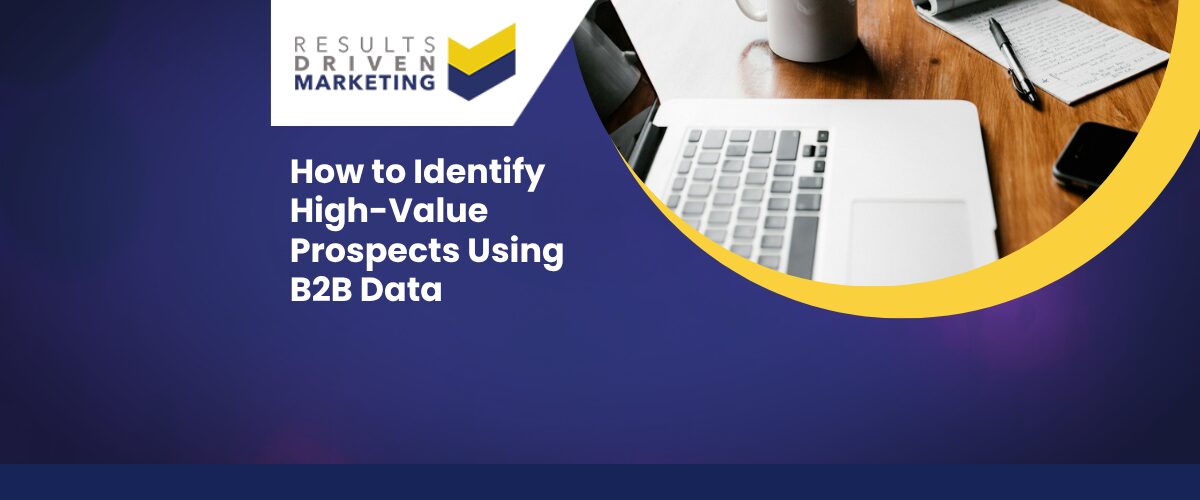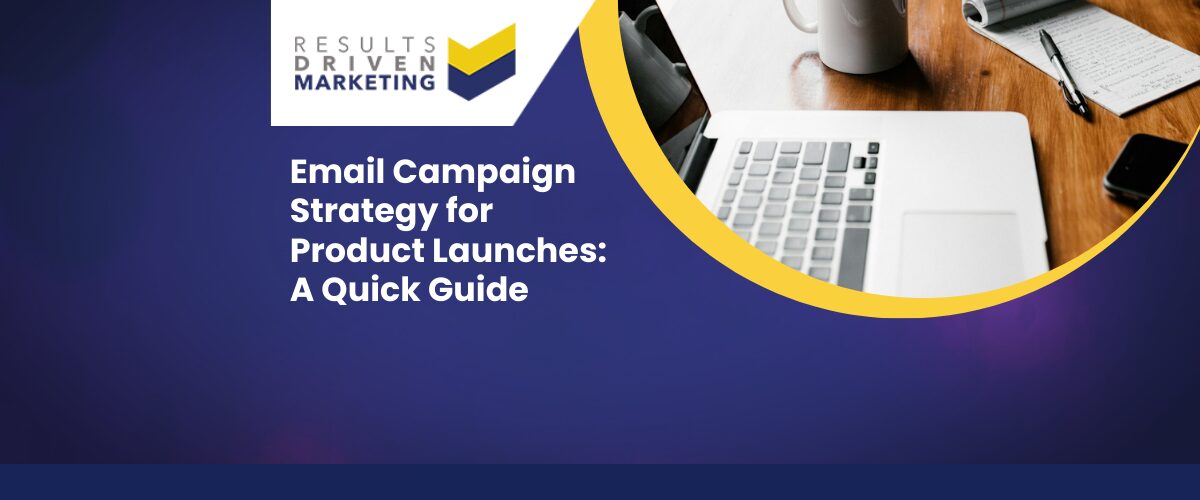
How to Choose B2B Data for Niche Industries
How to choose B2B data for niche industries is a challenge that many SMEs overlook—until they waste time and budget on the wrong lists. If you’re targeting highly specialised sectors, from legal tech firms to independent engineering consultancies, generic data just won’t deliver.
Niche markets demand precision. It’s not just about job titles—it’s about business type, regional relevance, turnover, and specific responsibilities. Without this, you risk irrelevant outreach, high bounce rates, and underwhelming ROI.
In this guide, we’ll walk you through how to define what “niche” means for your business, how to vet B2B data providers, and what to look for in a segment that actually converts. The goal? Better data, smarter outreach, and results that match your ambition.
Table of contents:
Why Niche Industries Need Specialised Data
When your target market is highly specific, standard B2B data won’t cut it. Most off-the-shelf lists focus on volume—not precision—and miss the finer details that matter in niche sectors.
Why Generic Lists Fall Short
-
Broad filters = irrelevant contacts
-
Incorrect or missing job roles
-
Low engagement and wasted outreach
The Cost of Poorly Matched Data
-
Wasted email sends and call time
-
Frustrated sales teams
-
Campaigns that underperform or get flagged as spam
Targeting niche markets demands better data—data that fits your sector, your buyer personas, and your goals.
Step 1 – Define Your Niche Ideal Customer Profile (ICP)
Before you even request B2B data, it’s critical to define exactly who you’re trying to reach. For niche industries, this means getting granular with your Ideal Customer Profile (ICP).
Industry & Sub-Sector Criteria
Be specific:
-
Independent timber frame specialists
-
Boutique fashion e-commerce
-
Legal compliance firms
Company Attributes
-
Location
-
Size
-
Structure
Role and Contact Specifics
-
Decision-makers with niche job titles
-
Secondary influencers
-
Departmental relevance
Step 2 – Evaluate B2B Data Providers
Once you’ve defined your ICP, the next step is choosing a provider that can actually deliver niche-specific contacts. Not all data suppliers are built for specialist sectors.
Depth of Coverage in Your Niche
-
Ask for sample counts or records
-
Ensure titles are relevant to your vertical
Accuracy & Update Frequency
-
Confirm refresh schedules
-
Ensure job and company data is current
Data Integrity & Compliance
-
Ensure lawful sourcing
-
Confirm GDPR alignment
-
Check for CTPS compliance if using phone numbers
Step 3 – Request or Create Niche Segments
The more specific your filters, the better the results.
Use Advanced Filtering
-
Role-level detail
-
Turnover and headcount
-
Geo-targeting and certifications
Ask for Sample Data
-
Validate job titles and relevance
-
Check for alignment with your niche ICP
Validate Before Sending
-
Remove duplicates
-
Avoid irrelevant or broad contacts
Step 4 – Maintain Quality Over Time
Even with the perfect niche list, data naturally decays.
Refresh Regularly
-
Reorder updated data every 6–12 months
-
Keep your CRM clean and current
Monitor Campaign Metrics
-
Watch bounce and reply rates
-
Spot patterns in underperformance
Split Test Your Segments
-
Try industry filters
-
Adjust company size
-
Test titles and job roles
Why Choose Results Driven Marketing
When it comes to niche B2B data, most suppliers promise scale—but few deliver true relevance. At Results Driven Marketing, we focus on quality over quantity, helping SMEs reach decision-makers in even the most specialised industries.
What Makes Us Different?
-
Specialist Targeting: Tailored lists across 2,000+ UK sectors
-
Real Decision-Makers: Named contacts in real roles
-
GDPR-Compliant: Fully compliant with UK data regulations
-
Responsive Support: Fast, human help every step of the way
👉 Contact us to discuss your next campaign or data requirements.
Final Thoughts
How to choose B2B data for niche industries isn’t about finding the biggest list—it’s about finding the right one. If you’re working in a specialist sector, your outreach lives or dies on the quality and accuracy of your contact data.
Define your niche ICP clearly, choose a provider that understands industry nuance, and insist on clean, compliant, role-specific records. This level of targeting doesn’t just improve engagement—it shortens your sales cycle and improves ROI.
Still relying on broad data or outdated lists? It’s time to level up. Check out our tailored email lists or get in touch for a custom count built for your sector.
Results Driven Marketing
Helping UK SMEs go from bad data to more customers and profits.
📞 0191 406 6399
📍 Cobalt Business Exchange, Newcastle
🌐 rdmarketing.co.uk





